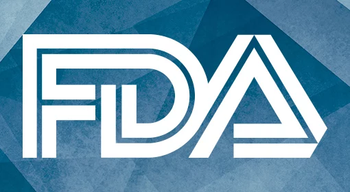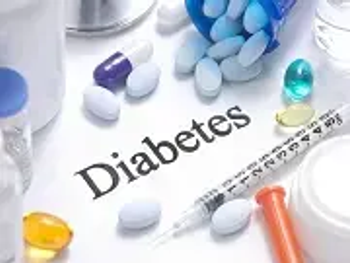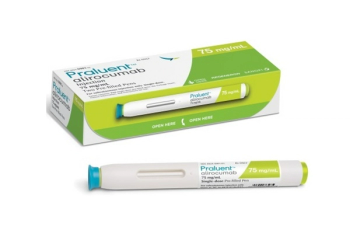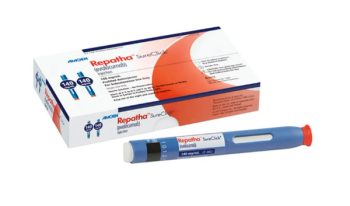
The cells, named nexus glia, resemble critical glial cells called astrocytes in the brain, and when these cells were removed, heart rate increased.

The cells, named nexus glia, resemble critical glial cells called astrocytes in the brain, and when these cells were removed, heart rate increased.

The investigators conducted a comprehensive review of epidemiological studies, finding a consistent association between extreme heat and a greater risk of adverse cardiovascular outcomes.

Individuals with diabetes and atrial fibrillation were less likely to notice symptoms of irregular heartbeat.

Bacteria, fungi, and other germs that cause endocarditis may enter the bloodstream through improper dental care, catheters, and IV drug use.

Practicing mindfulness was associated with fewer psychological symptoms, such as posttraumatic stress, depression, and anxiety.


If approved, empagliflozin would be the first therapy proven to significantly improve outcomes for individuals with heart failure, according to Boehringer Ingelheim.

The results were presented at the American Society of Nephrology Kidney Week 2021.

Heart defects associated with Eisenmenger syndrome cause blood to circulate abnormally in the heart and lungs.

New guidelines suggest older individuals should not start taking the drug for heart disease or stroke prevention.

The study results also show that strokes were far more common among traditional smokers.

But expanding coverage in 2014 was associated with a notable increase in enrollment among individuals with heart failure, study results show.

Penn State investigators have found that foods with 6.5 grams, or about 1.3 teaspoons, were linked to reducing hypertension after 4 weeks.

Rivaroxaban (Xarelto; Janssen) found superior to aspirin in reducing the risk of recurrent stroke or systemic embolism in patients with left ventricular dysfunction.

The AHA emphasizes the importance of looking at a total dietary pattern, including amounts, balance, combinations, and variety of beverages and food consumer regularly.

Deep vein thrombosis can occur with certain medical conditions that affect how the blood clots.

Taking all 3 doses also helped patients experience higher A1C levels than patients who took titrated insulin glargine, clinical trial results show.

If the research is confirmed, it could be a warning sign for women to make diet and lifestyle changes aimed at preventing cardiovascular disease.

Alirocumab (Praluent) is a PCSK9 inhibitor for the treatment of heterozygous familial hypercholesterolemia or clinical atherosclerotic cardiovascular disease.

Causes of aortic valve stenosis include congenital heart defect, calcium build-up on the valve, and rheumatic fever.

Causes of atrial flutter include hypertension, cardiomyopathy, abnormal heart valve, hypertrophy, hyperthyroidism, and pulmonary embolism.

Adults 40 to 59 years of age should consult their clinician before taking aspirin, and adults 60 years of age and older should stop aspirin use for the prevention of cardiovascular disease.

Evolocumab is a PCSK9 inhibitor indicated to reduce the risk of myocardial infarction, stroke, and coronary revascularization in adults with established cardiovascular disease.

People who inherit familial hypercholesterolemia from both parents usually develop symptoms in childhood.

The national guidelines recommend a heart-healthy diet to help manage weight and control blood pressure, while also emphasizing dietary patterns rather than individual foods and nutrients.